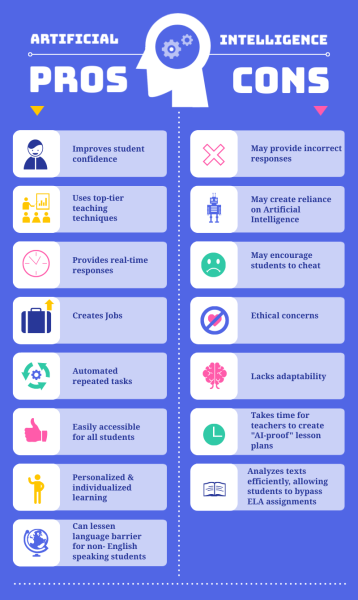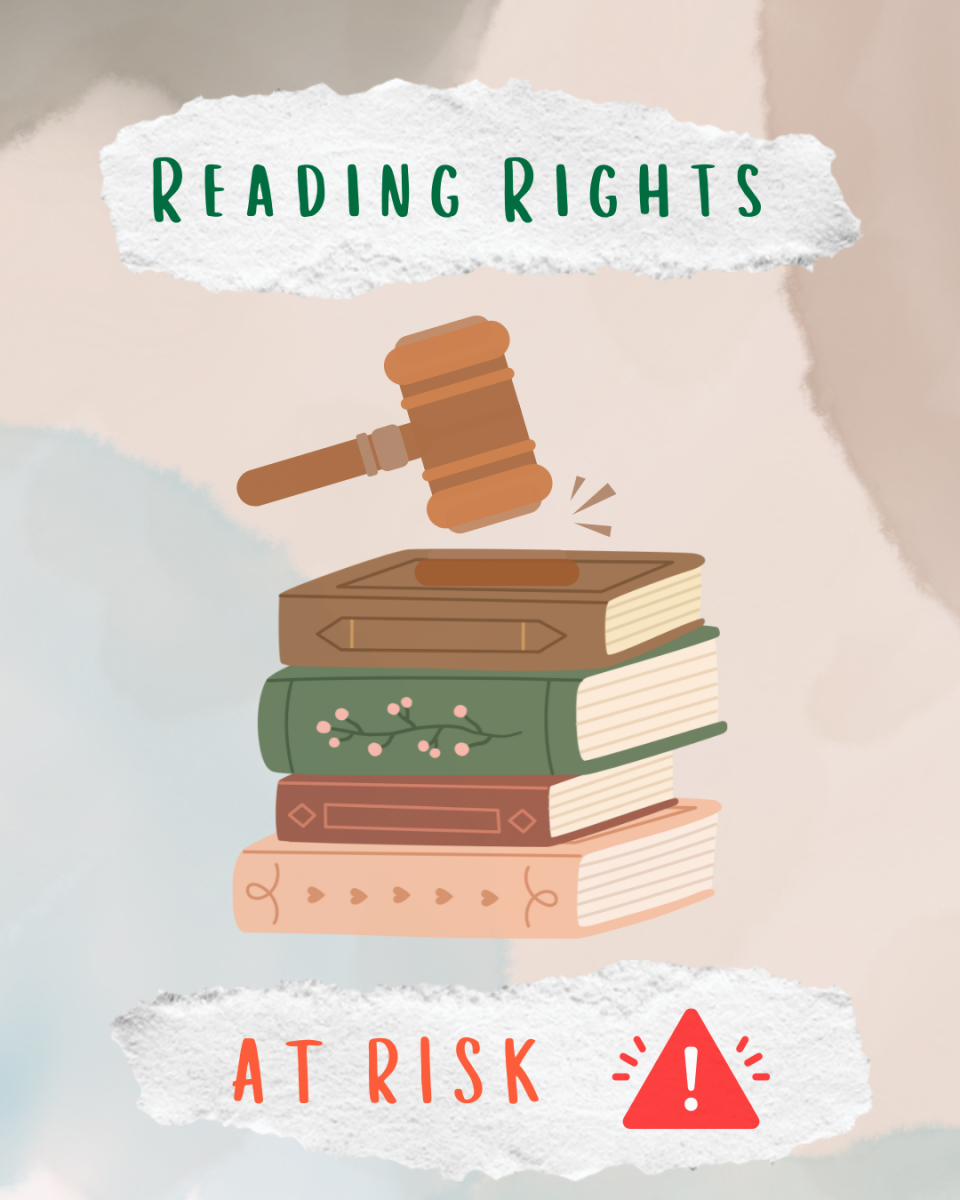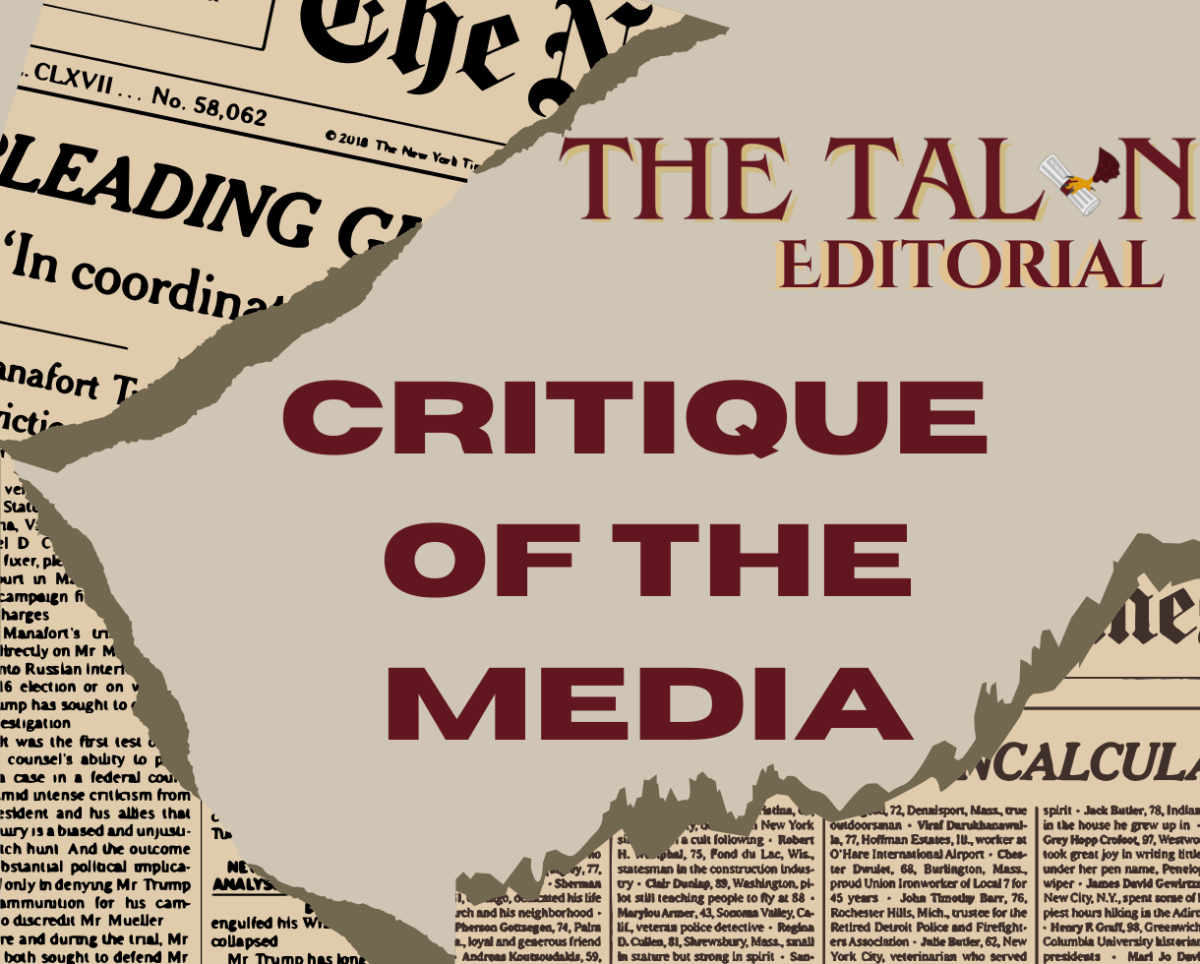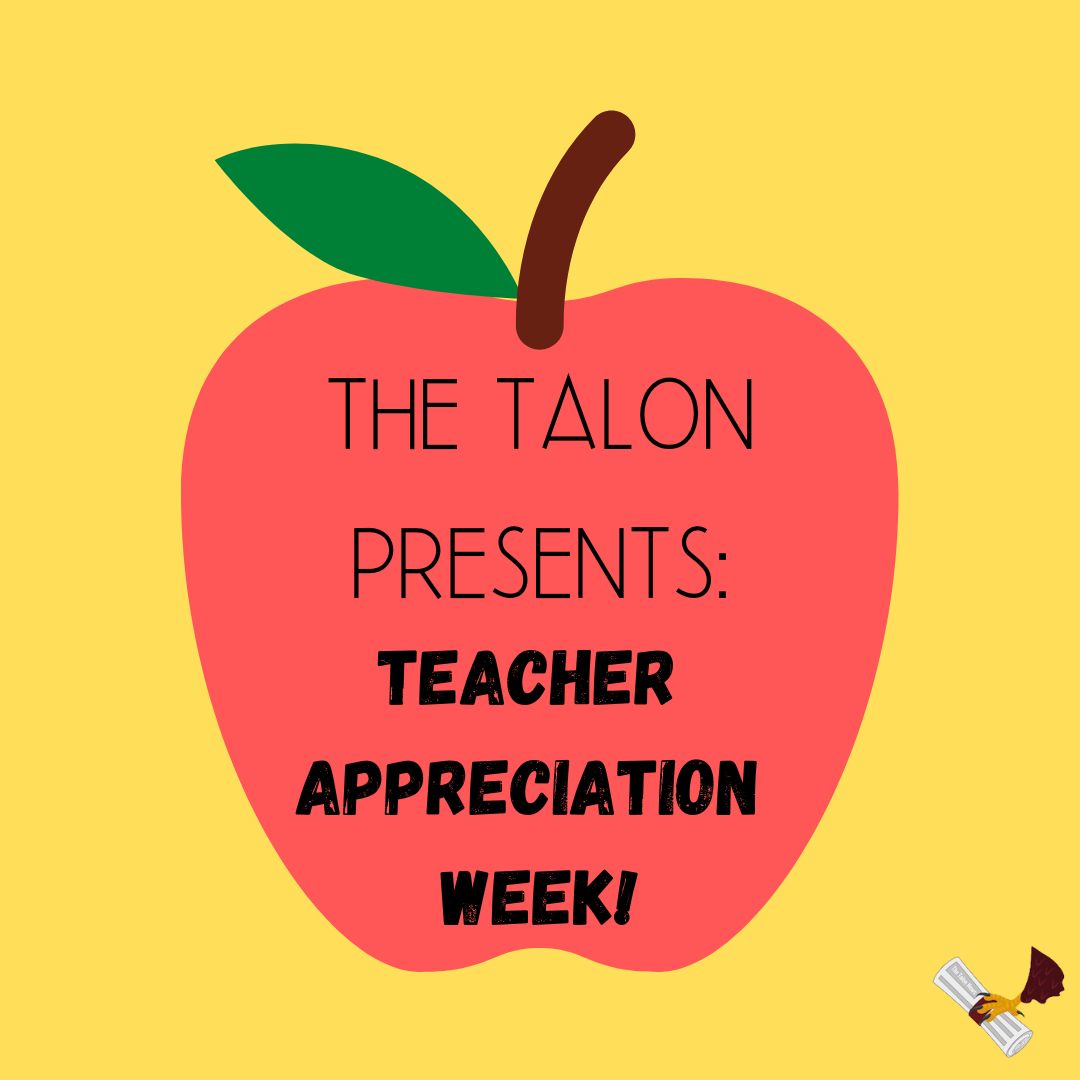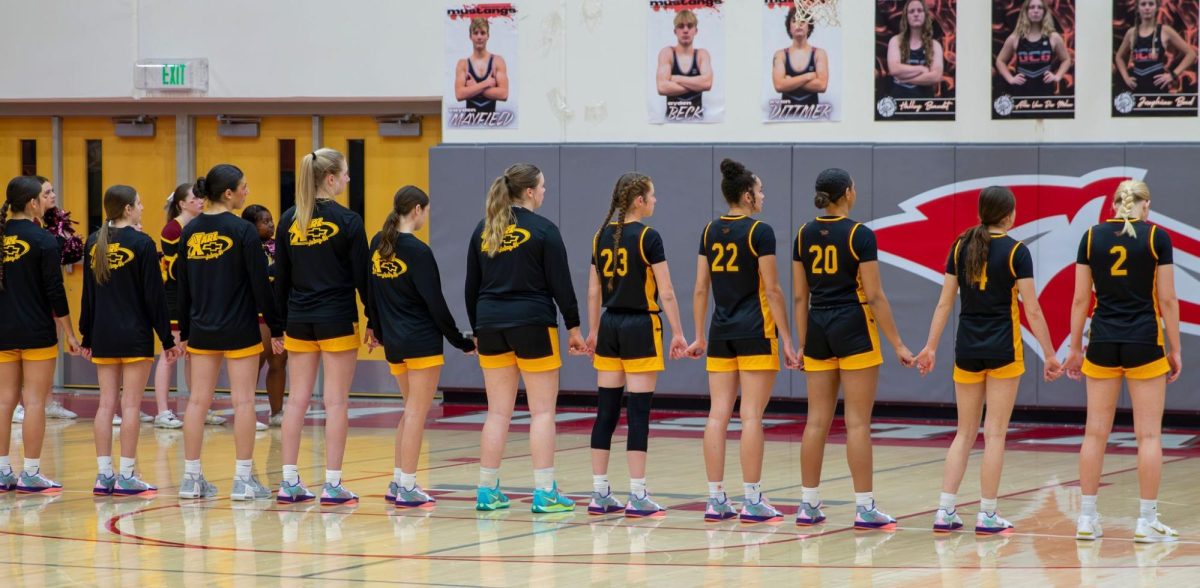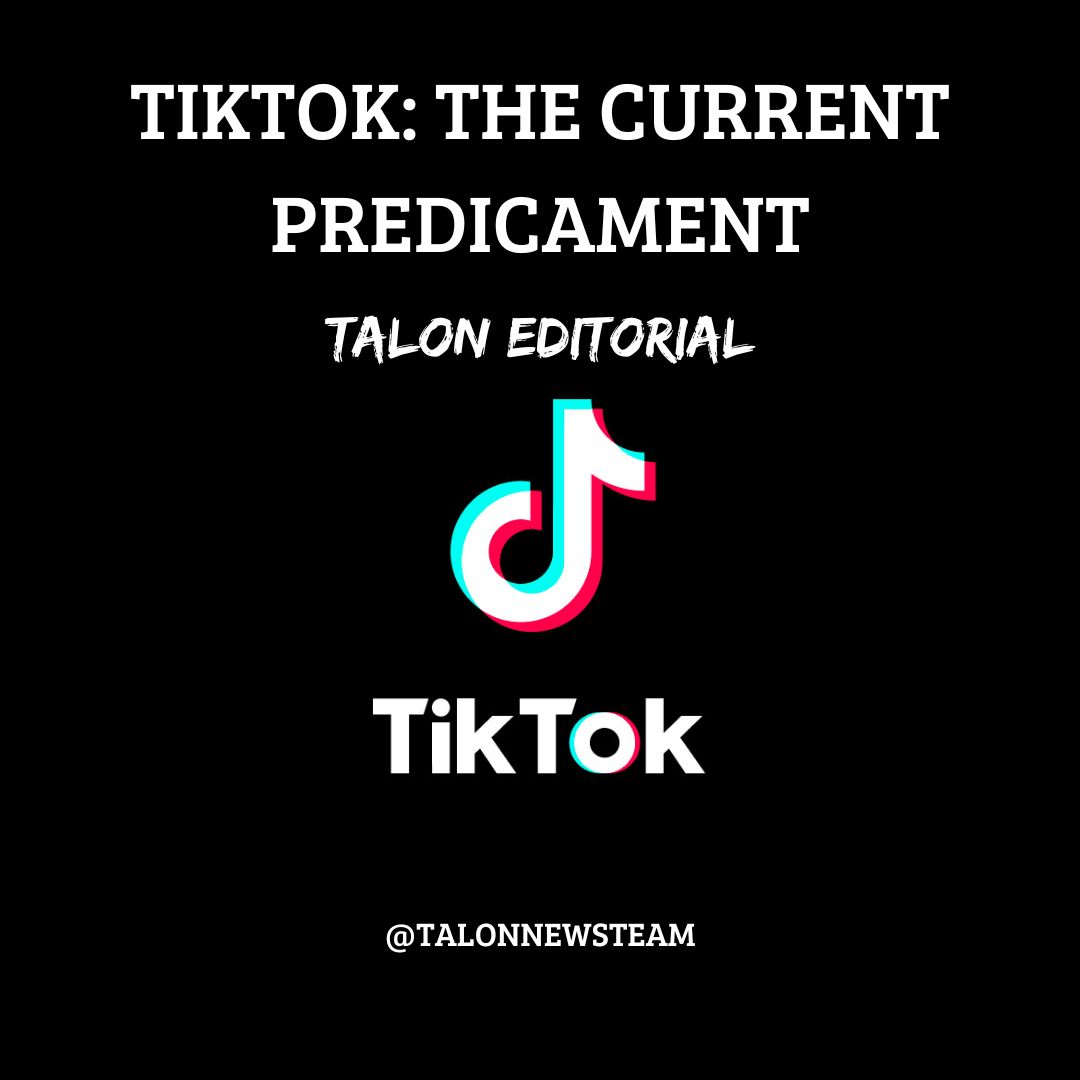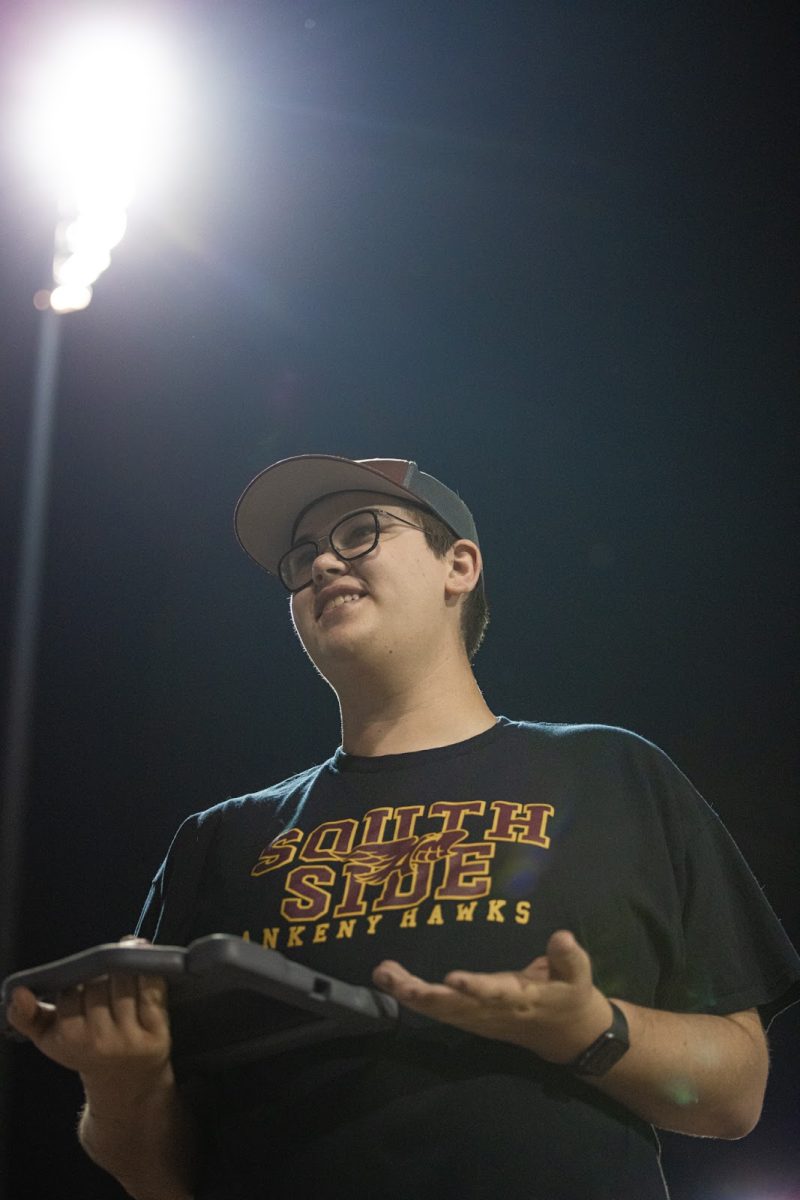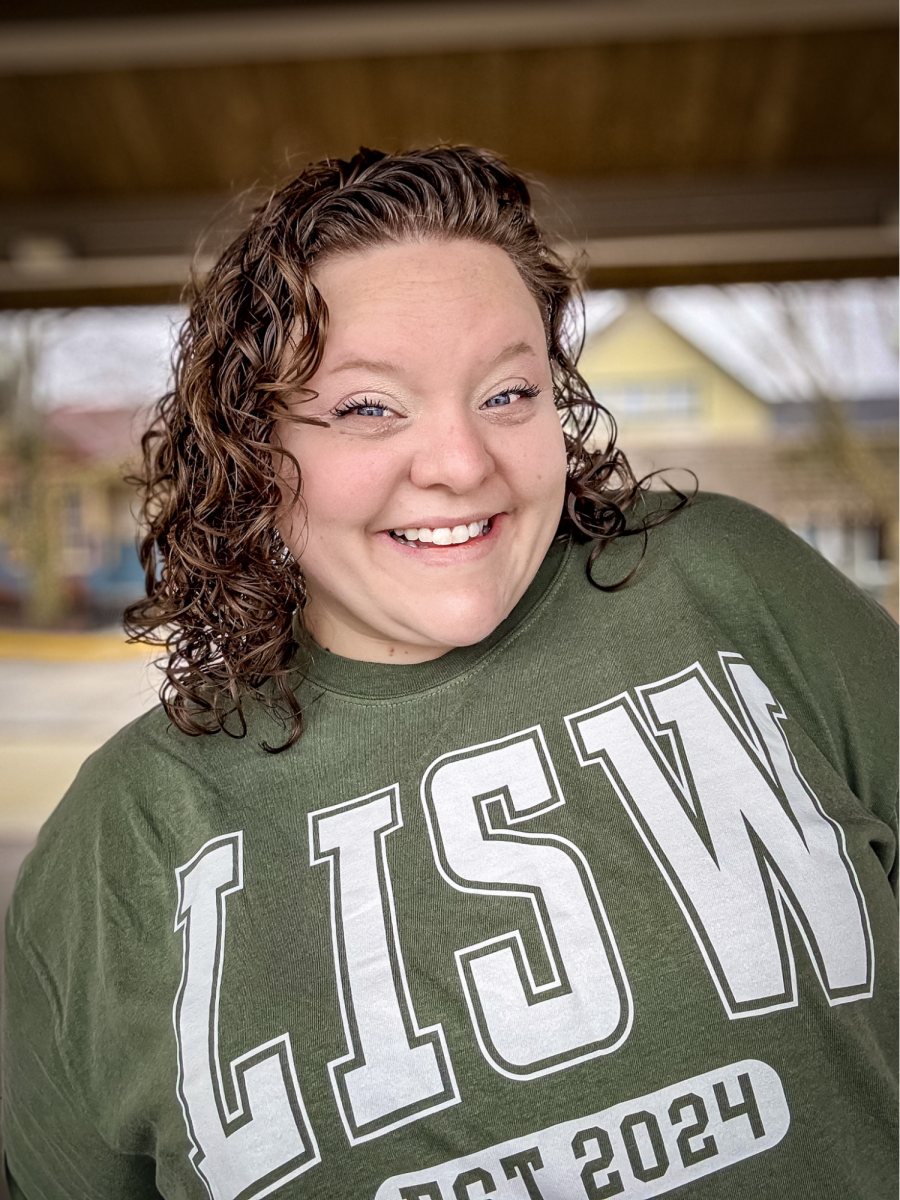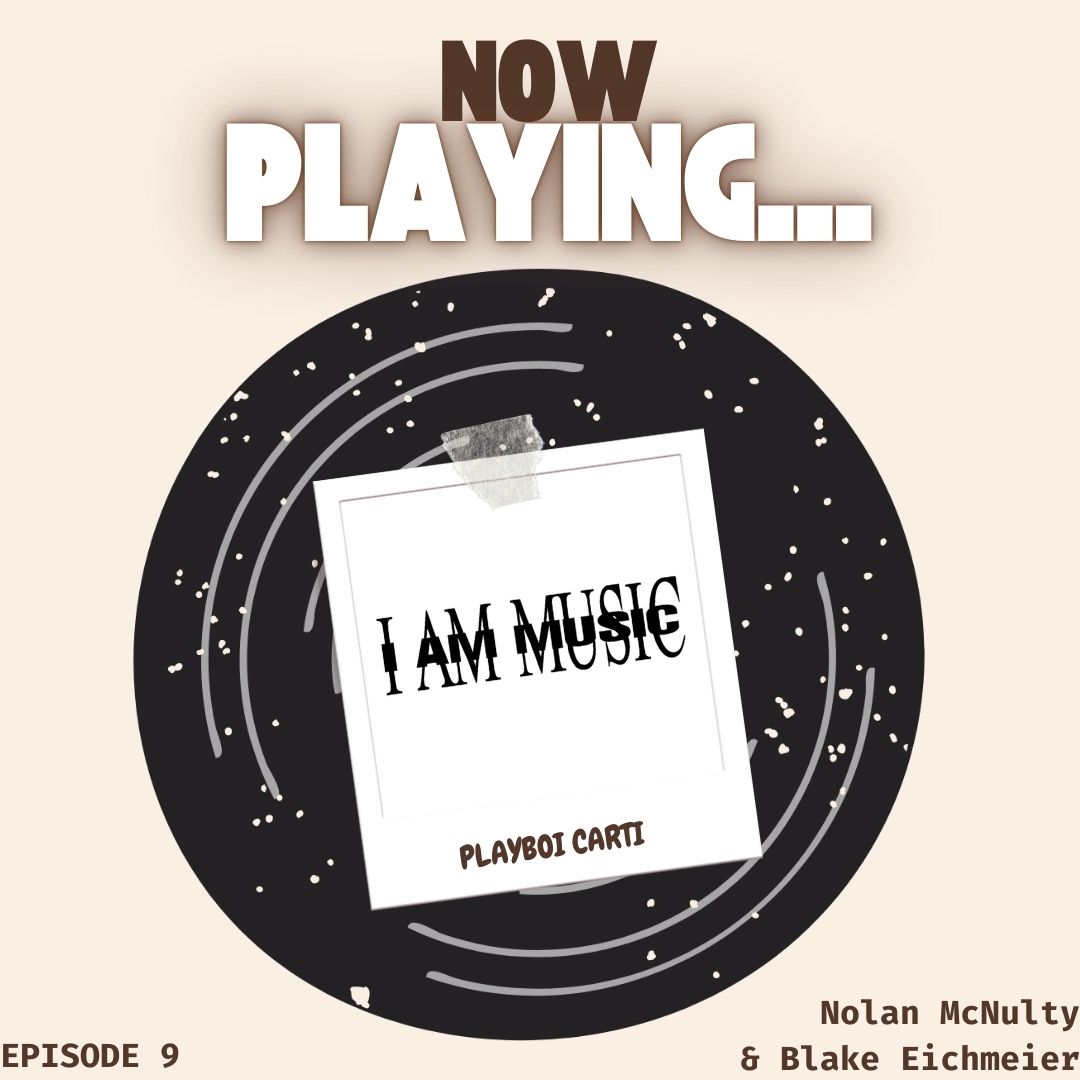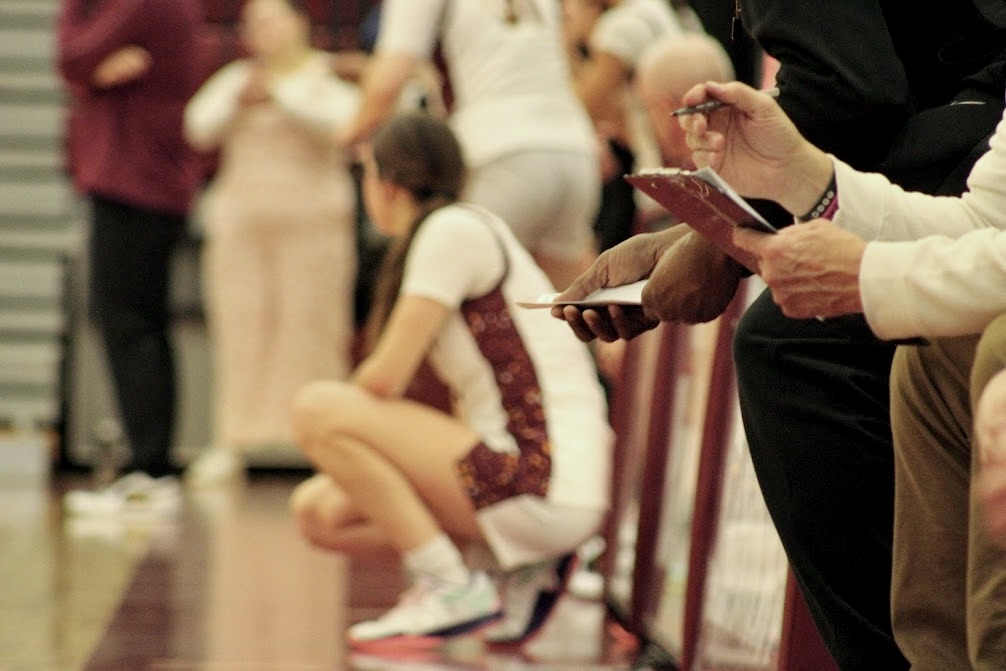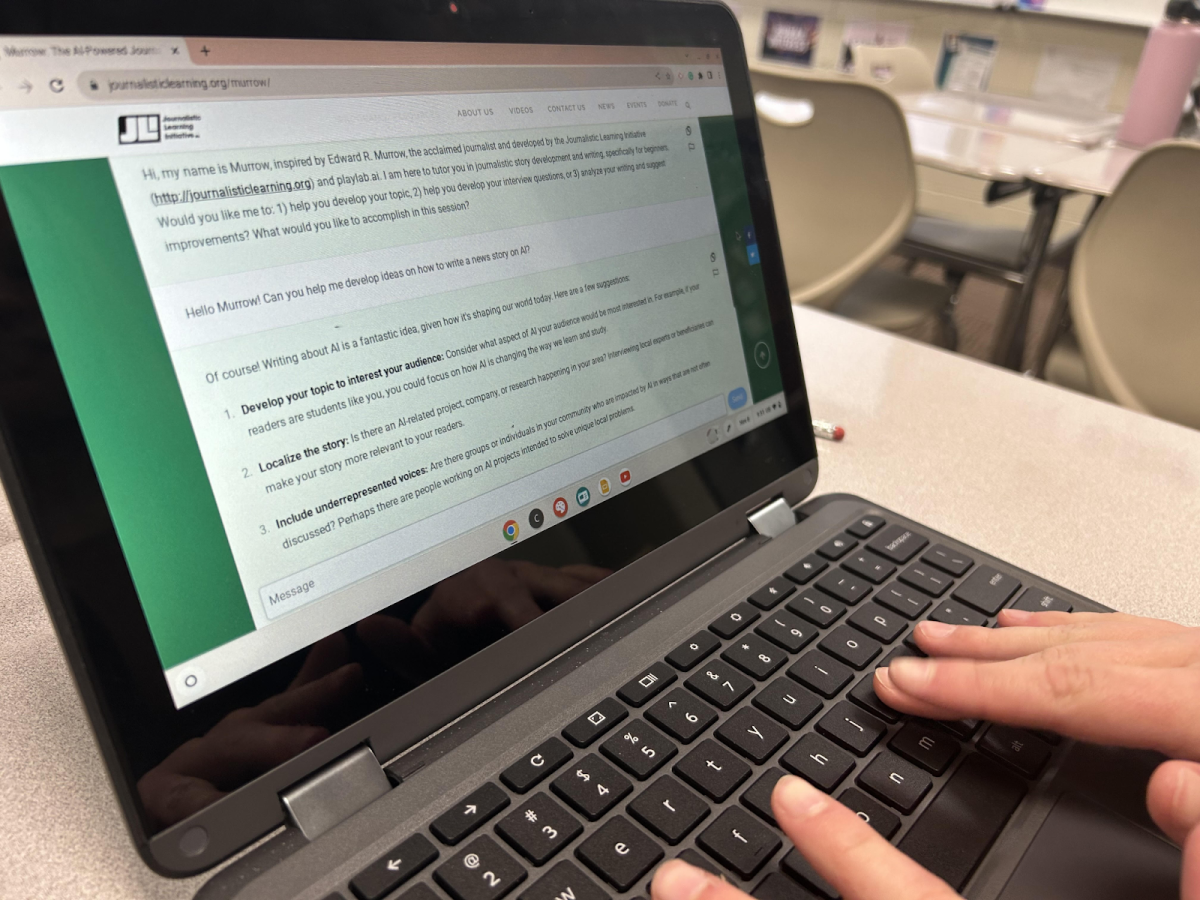As AI keeps making its way into different areas of our lives, it’s becoming a big deal in education too. Schools worldwide are bringing AI tools into classrooms, changing how students learn and teachers teach. AI helps make learning personal and makes school tasks easier to operate. In this article, we’ll delve into how AI is revolutionizing education and see how it’s shaping the future of schools in the 21st century.
The paragraph above was written by AI. Could you tell? In a period of about six minutes and 50 seconds, I was able to generate an “A”-worthy opening paragraph with nothing more than a few clicks of the keyboard. See how easy that is? After a few tries and tweaks to the original feedback, OpenAI’s ChatGPT gave me quality work, and I had to do nothing more than think of an adequate prompt. This is now a common mindset among students in the 21st century; why spend your quality time writing an assignment independently, when AI can appear to do it better in just a fraction of the time?
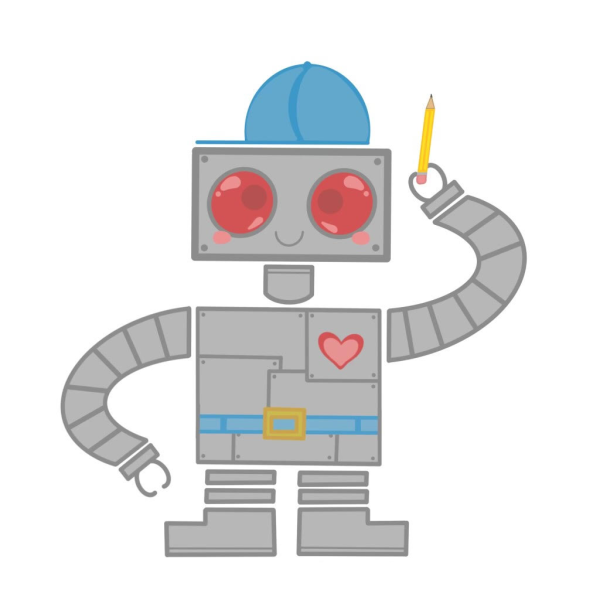
OpenAI’s ChatGPT launched in November 2022, designed to create “humanlike conversational dialogue”. The name itself stands for “Chat Generative Pre-trained Transformer,” in other words, ChatGPT is a language model-based chatbot trained to “Answer follow-up questions, admit its mistakes, challenge incorrect premises, and reject inappropriate answers,” according to OpenAI. ChatGPT is “earning more than $80 million in revenue per month,” the New York Post reports.
ChatGPT has been shown to deliver information that is concise and expertly worded, using top-tier teaching techniques while still providing an incorrect answer, reports the Stanford University Department of HAI (Human-Centered Artificial Intelligence). This may prompt a student with a false sense of confidence, therefore setting back their learning.
One in four teachers have caught students using the chatbot (ChatGPT) to cheat, reports NeaToday News. The article also argues that teachers may be spending more time curating “AI-proof” lesson plans and assignments, rather than focusing solely on their content and the learning quality of their students.
“The joke I always say is that if I hurt my arm, I don’t pull up my biology notes from ninth grade, right? Like I have my own problem-solving skills,” Associate Principal Wade Grinhaug said. “I can problem solve to see what that is. I don’t use my biology notes. And so the world has changed drastically from the time I was your age and it’s going to continue to change.”
However, AI may be beneficial too. Some argue that AI allows students personalized learning outside the classroom, while still stimulating students and providing real-time responses.
“…The reality is, it’s going to be a tool you might use in your professional career,” Associate Principal Seith Monahan said. “So how do we teach you [students] to navigate it properly, while still understanding all the rules and the concepts behind English?”
Monahan’s thinking is a seemingly common concern among teachers all over the country, especially in English language courses.
The rise in AI may generate a need for jobs, as well. AI engineers are required to “develop intelligent algorithms capable of learning, analyzing, and predicting future events,” the Data ScienceTech Institute reports. Likewise, artificial intelligence engineers’ career growth is predicted to rise at least 31.4 percent by 2030, the Bureau of Labour Statistics describes.
“Not just as it [Ankeny schools’ goals] relates to our football program, but also, music, arts, academics,” Ankeny School Board President Ryan Weldon said. “I would really hope the next people that are generating machine-learning for artificial intelligence come out of Ankeny School District.”
Overall, this is an adapting world for both students and staff, one that educators and students alike will learn to navigate as technology advances. From using AI to write a polite email to a co-worker or generate a lesson plan, to using it for your chemistry quiz and even using it to write a lead for your news story, AI is not something that will be shoved under the rug anytime soon.
“And so the world has changed drastically from the time I was your age and it’s going to continue to change. And I do feel like we as educators probably need to change as well,” Grinhaug said. “So I just think that we always have to be able to adapt to the world around us, and put you, put the students in the best position to succeed.”
